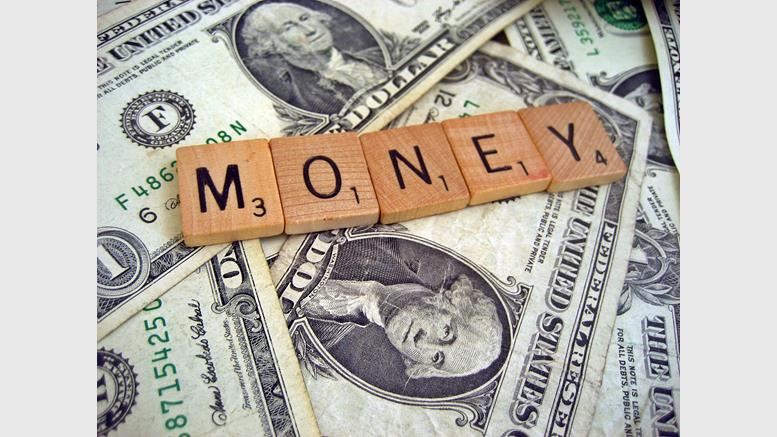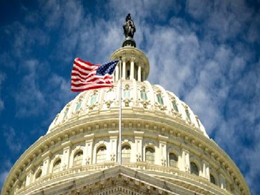
Money Transmitter Licenses: Do you need one for your Bitcoin Business?
Since Bitcoin's legal status in not fully clear (even to U. S. regulators), it is very difficult for Bitcoin businesses to stay compliant with local laws. It is unclear whether governments consider Bitcoin to be a "currency" or a "commodity". Depending on how Bitcoin is classified, a business may or may need to seek a money transmitter license. Recent law enforcement action by a Florida prosecutor charging two sellers at LocalBitcoins.com with operating an "unlicensed money service business" might give us an idea as to the U. S. governments stance on this issue... But, things may be....
Related News
Blockchain payment company Ripple has announced the acquisition of two additional Money Transmitter Licenses (MTLs) in the United States, one from New York and another from Texas on Monday. This brings Ripple’s total to over 55 Money Transmitter Licenses across its payments, custody, and stablecoin operations, underscoring the company’s robust growth in the regulatory landscape. […]
Marco Santori of the Bitcoin Foundation has a piece up on CoinDesk in which he explores money transmission licenses at the state level in the US. This, he argues, is much trickier than simple FinCEN registration. The state with jurisdiction ultimately decides whether to grant a business a license to transmit money. It’s not a right, and it’s no entirely predictable for a 50-state rollout. Also, because a business meets FinCEN’s definition of a money transmitter does not mean the same applies at the state level. South Carolina and Montana do not even require licenses for such companies, and....
Coinapult, a payment processor and storage provider, is now offering its bitcoin wallet services for US customers. Prior to this, the company's website had been blocked in the country since it had not yet obtained the necessary licenses then. The company has since come up with an integration with Crypto Capital, which is a licensed money transmitter in Panama. With that, the bitcoin wallet can allow US clients to deposit, withdraw, and transfer currencies. Bitcoin Wallet Services. "Coinapult is not a licensed money transmitter business, and as such, we did not offer our services to the US....
The new license from Puorto Rico further strengthens Binance CEO Changpeng Zhao's vision to be licensed everywhere. Puerto Rico becomes the fourth jurisdiction in America to grant a money transmitter license to Binance.US, the American arm of the crypto exchange Binance. Other states that issued operational licenses to Binance.US include Wyoming, Connecticut and West Virginia. Binance.US was launched as a second attempt by Binance CEO Changpeng Zhao to cater to investors in the United States as the nation banned Binance’s primary operations, citing regulatory concerns. The new license from....
Regulation has been a hot topic in the Bitcoin community since the FINCEN guidance in March, and in the Bitcoin conference that took place this past weekend an entire quarter of the conference was dedicated to economic and regulatory issues. The guidance evoked strong feelings of both relief and uncertainty throughout the Bitcoin community; although ordinary Bitcoin users are now almost certainly clear of regulation, a fact that has allowed the Humble Bundle and the Electronic Frontier Foundation to feel comfortable accepting the currency, Bitcoin exchanges will now likely be required to....





